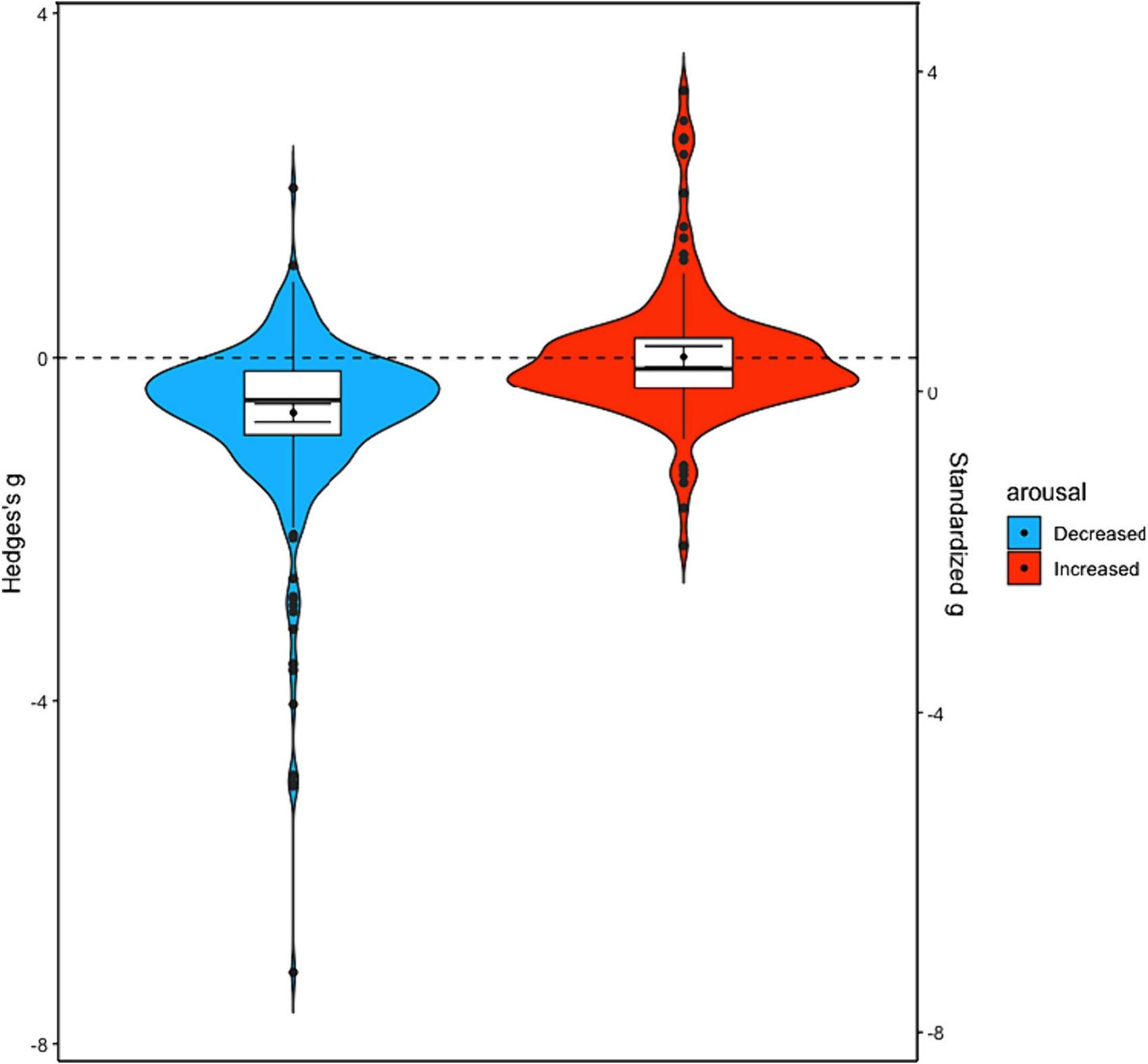Venting Doesn't Work, A Calm Mind Does
 ⏲ 4-minute read | Photo by DALL·E 3 "Venting in the Park" | last updated 1 year, 1 month ago
⏲ 4-minute read | Photo by DALL·E 3 "Venting in the Park" | last updated 1 year, 1 month ago
The science is in: in moments of anger or frustration, venting isn't effective at reducing it (interestingly, neither is exercise). Instead, the best way to undermine anger is with activities that decrease arousal.
Wait...But Why?
In psychology, rumination is defined as "self-focused attention, particularly on a negative mood". Venting leads to rumination because we're giving the object of our frustration attention. This makes you more angry/frustrated.
It’s because venting is an arousing activity (arousal: leading to increased heart rate and blood pressure and a condition of sensory alertness, desire, mobility, and reactivity), and a recent meta-analysis study found this: arousal-decreasing activities significantly reduced anger, and arousal-increasing activities did not significantly impact anger.

Arousing activities (in red above):
- Cycling, running, jump-rope (nonaggressive activities)
- Kickboxing, paintball, rage rooms (aggressive activities)
Arousal-reducing activities (in blue):
- Slow-flow yoga
- Mindfulness
- Progressive muscle relaxation
- Diaphragmatic breathing
- Taking a timeout
This message is simple - arousing activities don't help with anger, and arousal-reducing activities do. Keep in mind that arousal doesn't necessarily make anger worse1, it just doesn't make it better in the same way that reducing arousal does.
So if your strategy to deal with the day's frustration is to vent to your partner, deep-breathing might be better. And if it's to hit the gym2; it's better to skip the weight room and head to the yoga studio.
Go Deeper
The idea of venting is known as catharsis theory, first proposed by Sigmund Freud in Studies On Hysteria.
The injured person’s reaction to the trauma only exercises a completely ‘cathartic’ effect if it is an adequate reaction - as, for instance, revenge. - Studies On Hysteria, pg. 11
Catharsis theory forms the basis of the hydraulic model of anger.
The hydraulic model suggests that frustrations lead to anger and that anger, in turn, builds up inside an individual, similar to hydraulic pressure inside a closed environment, until it is released in some way. If people do not let their anger out but try to keep it bottled up inside, it will eventually cause them to explode in an aggressive rage. - Bushman, pg. 725
The idea of venting is so popular because it's a great analogy. And analogies are great, because (as Leidy Klotz puts it in Subtract) they reduce information.
When we liken our brains’ processing to a computer, or its pruning to an orchard, we build analogies from familiar things to better comprehend unknown ones. Even better, when we learn by analogy, research has found, what gets extended from one problem to another tends not to be the potentially distracting details but rather the essence. - Subtract by Leidy Klotz
Anger, and emotions generally, are not fully understood. New research is coming out every year, and with it a more complete understanding. It's a complicated subject, and certainly more complex than, say, a boiling teapot (so let's all stop pretending it's not).
--
Enjoyed? Subscribe. Comments? Send me a message.
Except jogging - Interestingly, with jogging in particular the study found a statistically significant increase in anger, most likely because it involves repetitive movements and monotony, and let's be honest it takes a special person to really like jogging.↩
Exercise (and especially weight-lifting) is actually tremendously important for you and has a whole host of benefits; but in this specific circumstance for dispelling anger, it's not an effective strategy.↩